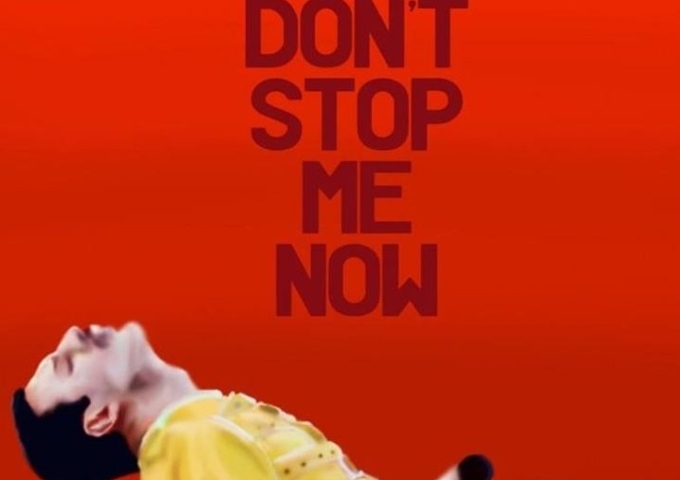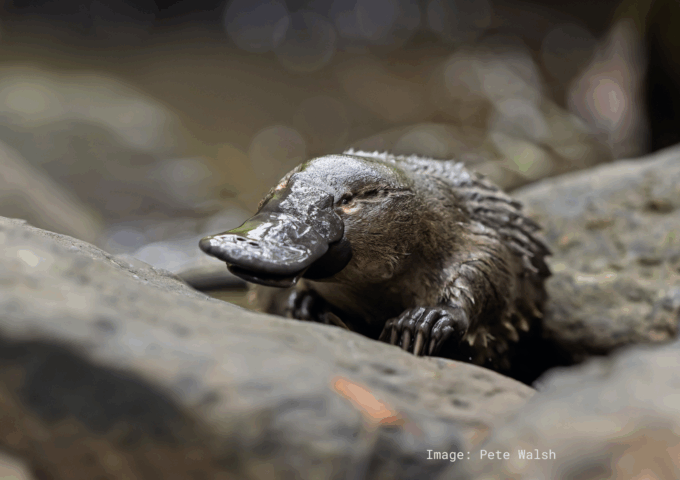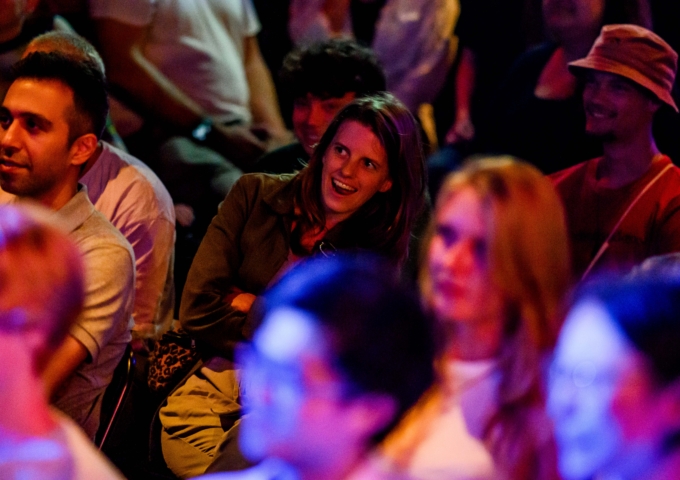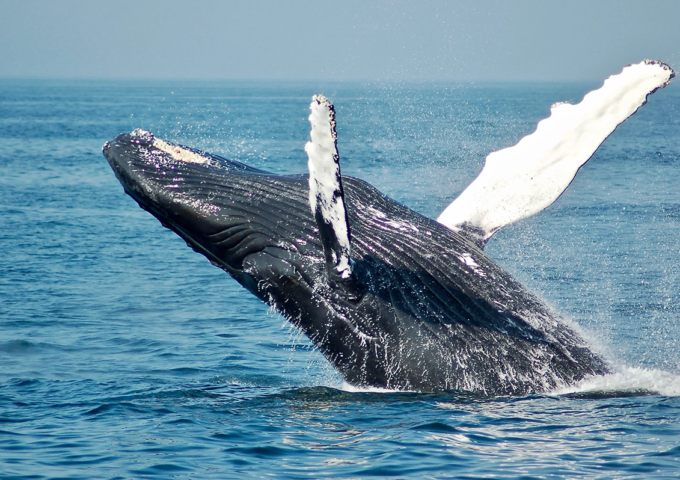
Beauty and brains. Queensland has it all: home to natural wonders from the Great Barrier Reef to Outback dinosaur country, ancient rainforests and passionate scientists specialising in everything from marine biology to rocket science.
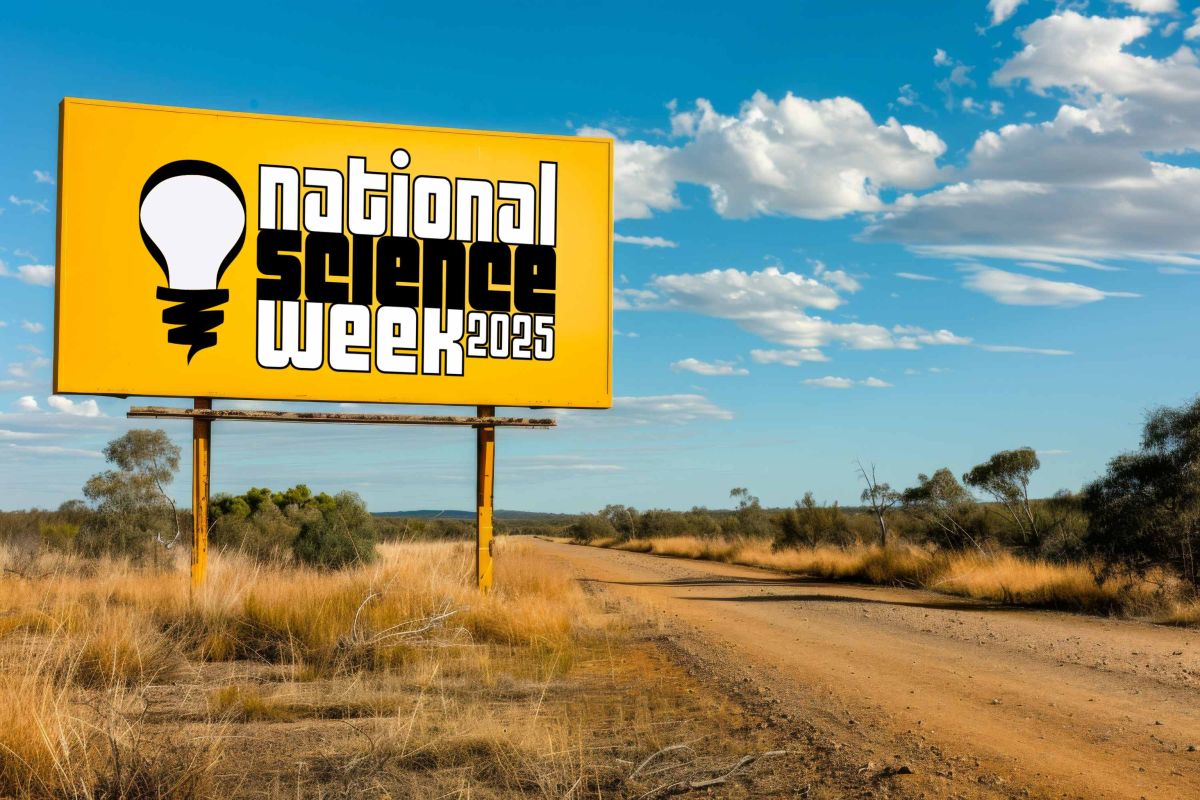 Queensland is also big – which is why the state celebrated National Science Week 2025 with a travelling launch through central and western Queensland, starting in Blackall.
Queensland is also big – which is why the state celebrated National Science Week 2025 with a travelling launch through central and western Queensland, starting in Blackall.
During the tour, Queensland Chief Scientist Professor Kerrie Wilson tipped her hat to Longreach as the epicentre of many scientific disciplines, from aviation to agriculture and even the dark skies movement.
On the pivotal question of ‘Why dedicate a week to celebrating science?’ Prof Wilson said:
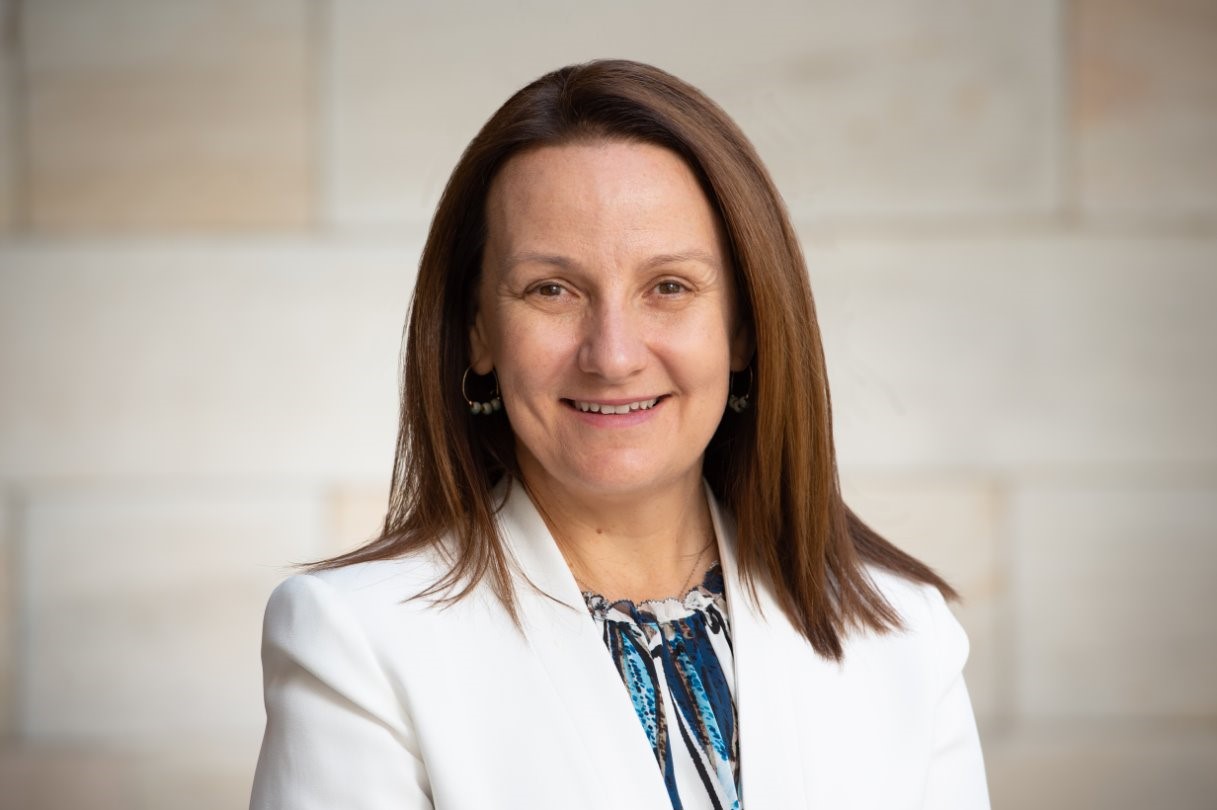 “It’s a reminder to everyone that science impacts all of our lives. It informs the roads that we drive on; the cars that we drive in; the phones in our pockets; and the food that we’re eating. Science is everywhere and it’s really important that we take the time to stop and acknowledge that and also celebrate the scientists we have in Queensland.”
“It’s a reminder to everyone that science impacts all of our lives. It informs the roads that we drive on; the cars that we drive in; the phones in our pockets; and the food that we’re eating. Science is everywhere and it’s really important that we take the time to stop and acknowledge that and also celebrate the scientists we have in Queensland.”
Below is a selection of highlight events to give you a taste of the science smorgasbord on offer.
Alternatively, use the search engine to find more events in Queensland.
Science in Your Hands – The pharmacy lab experience: Wednesday 13 August in Brisbane
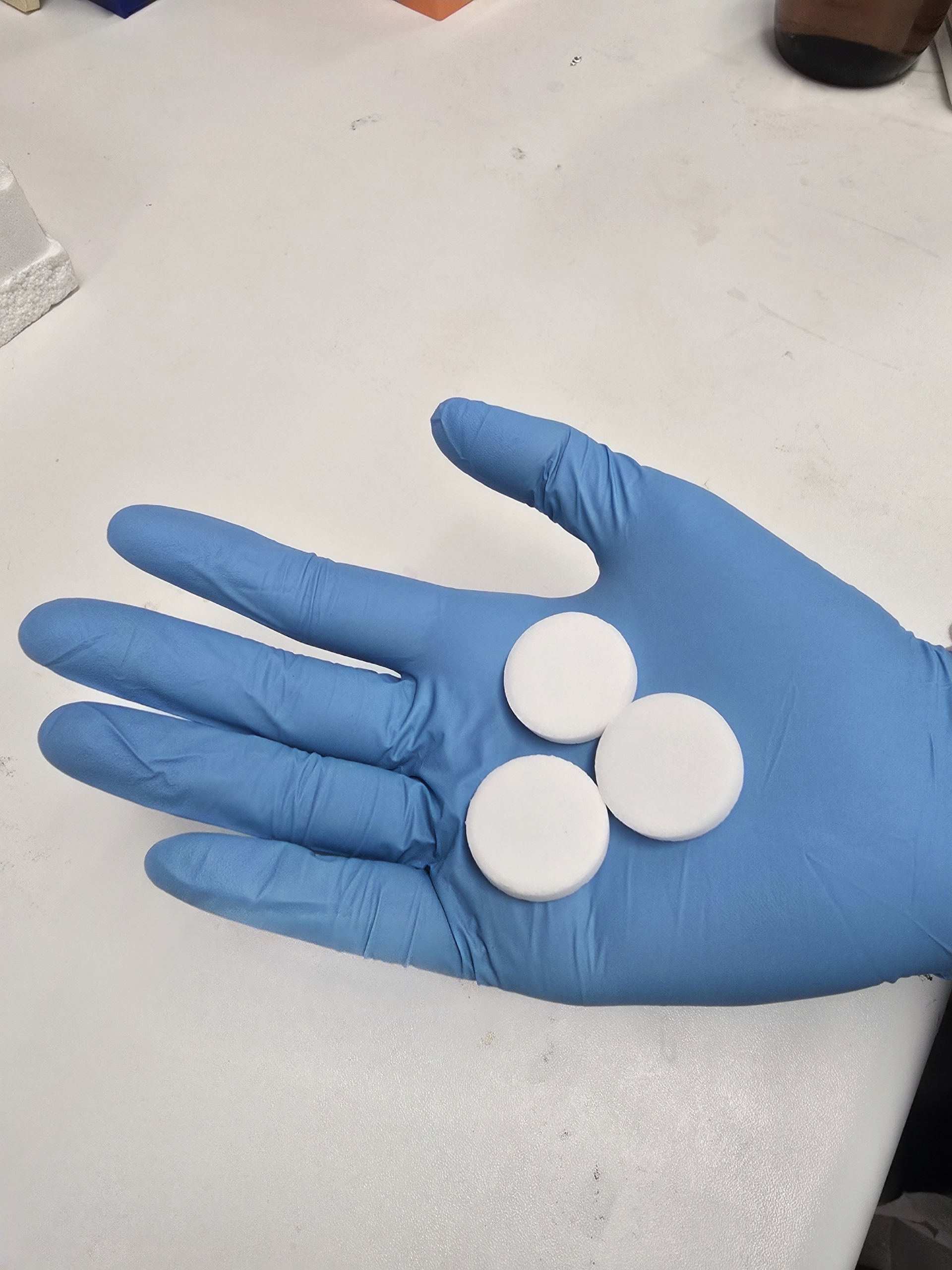 3D-printed pills. Nanomedicine. Personalised skin patches.
3D-printed pills. Nanomedicine. Personalised skin patches.
Step inside The University of Queensland’s pharmacy lab and meet the experts making future medicines.
Visitors can tour the tableting room, create and taste juice-flavoured ‘medicine bubbles’ (to better understand microencapsulation techniques), join panel discussions and win prizes in the ‘Pharmacy Quiz Challenge’.
VR farming, AgBots and strawberry sundaes at the Royal Queensland Show: Saturday 9 – Sunday 17 August in Brisbane
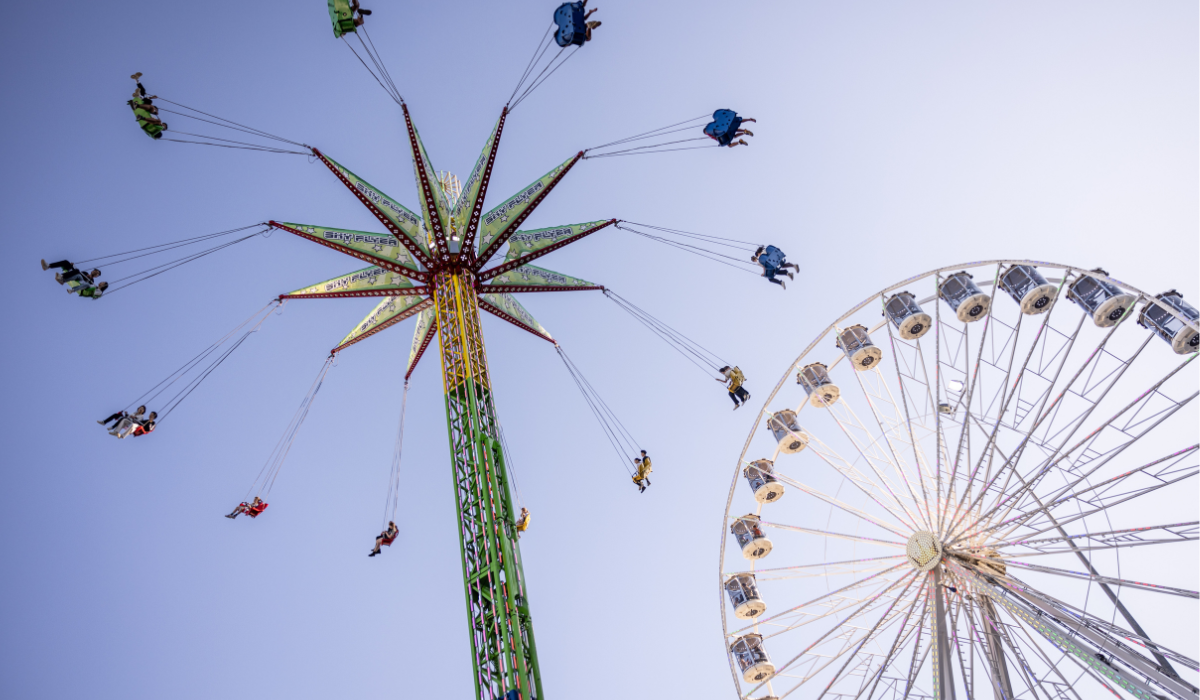 Trace the journey of the Ekka’s iconic strawberry sundae from field to fair, discover the wonders of wool, explore agriculture through virtual reality, dive into the science of grains and get hands-on with robotics in the Agricultural Education Hall at the Royal Queensland Show.
Trace the journey of the Ekka’s iconic strawberry sundae from field to fair, discover the wonders of wool, explore agriculture through virtual reality, dive into the science of grains and get hands-on with robotics in the Agricultural Education Hall at the Royal Queensland Show.
Children of all ages can also join the ‘Ekka Learning Trail’ – a self-guided tour that showcases Australian Curriculum linked educational activities grounded in AgScience topics.
Planetarium 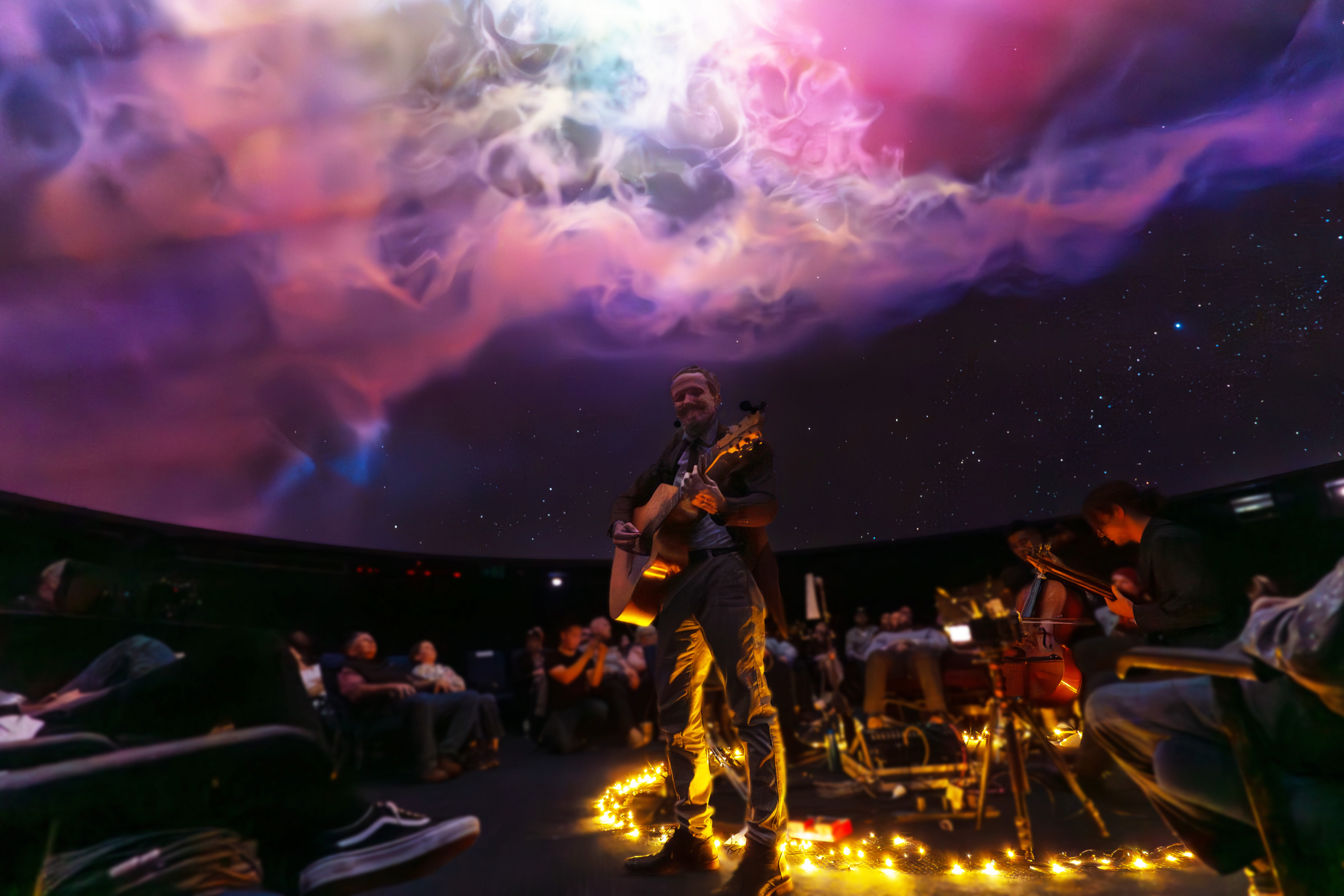 ‘pop-rock-funk’ concert: Saturday 16 August in Brisbane
‘pop-rock-funk’ concert: Saturday 16 August in Brisbane
Award-winning songwriter and science communicator Nate Eggins (aka Conspiracy of One) brings his quirky, cosmic grooves back to Sir Thomas Brisbane Planetarium.
Nate explores scientific and psychological concepts through pop-rock-funk songs like ‘We’re All Aliens, Baby’ and ‘The Sound a Duck Makes’.
Concert goers will enjoy a free ‘homeopathic cocktail’ against the starry backdrop of the Skydome and hear from special guest scientists.
Science Night – Whales with Dr Vanessa Pirotta: Friday 15 August in Brisbane
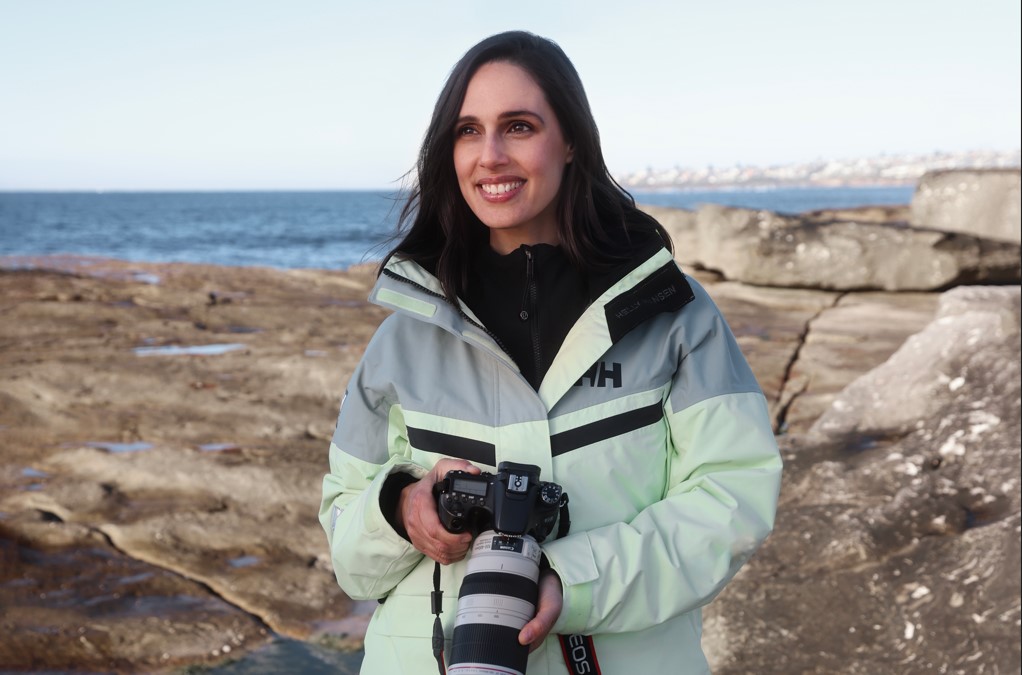 What challenges do whales face during their annual migration from Antarctica to Australia? Does whale song and the act of breaching aid navigation? And what can we learn from whale snot and poo.
What challenges do whales face during their annual migration from Antarctica to Australia? Does whale song and the act of breaching aid navigation? And what can we learn from whale snot and poo.
Wildlife biologist and author Dr Vanessa Pirotta explains all at an adults-only ‘Science Night’ at Queensland Museum’s SparkLab.
Dr Pirotta is one of Australia’s most renowned wildlife scientists. Her research uses innovative technologies for wildlife conservation, working collaboratively across marine/terrestrial environments and merging cutting edge tech to access animals in unique ways (think, whale snot drones and AI to detect illegal wildlife trafficking).
Gladstone Art Science Innovation Fest: Friday 15 August and Saturday 16 August
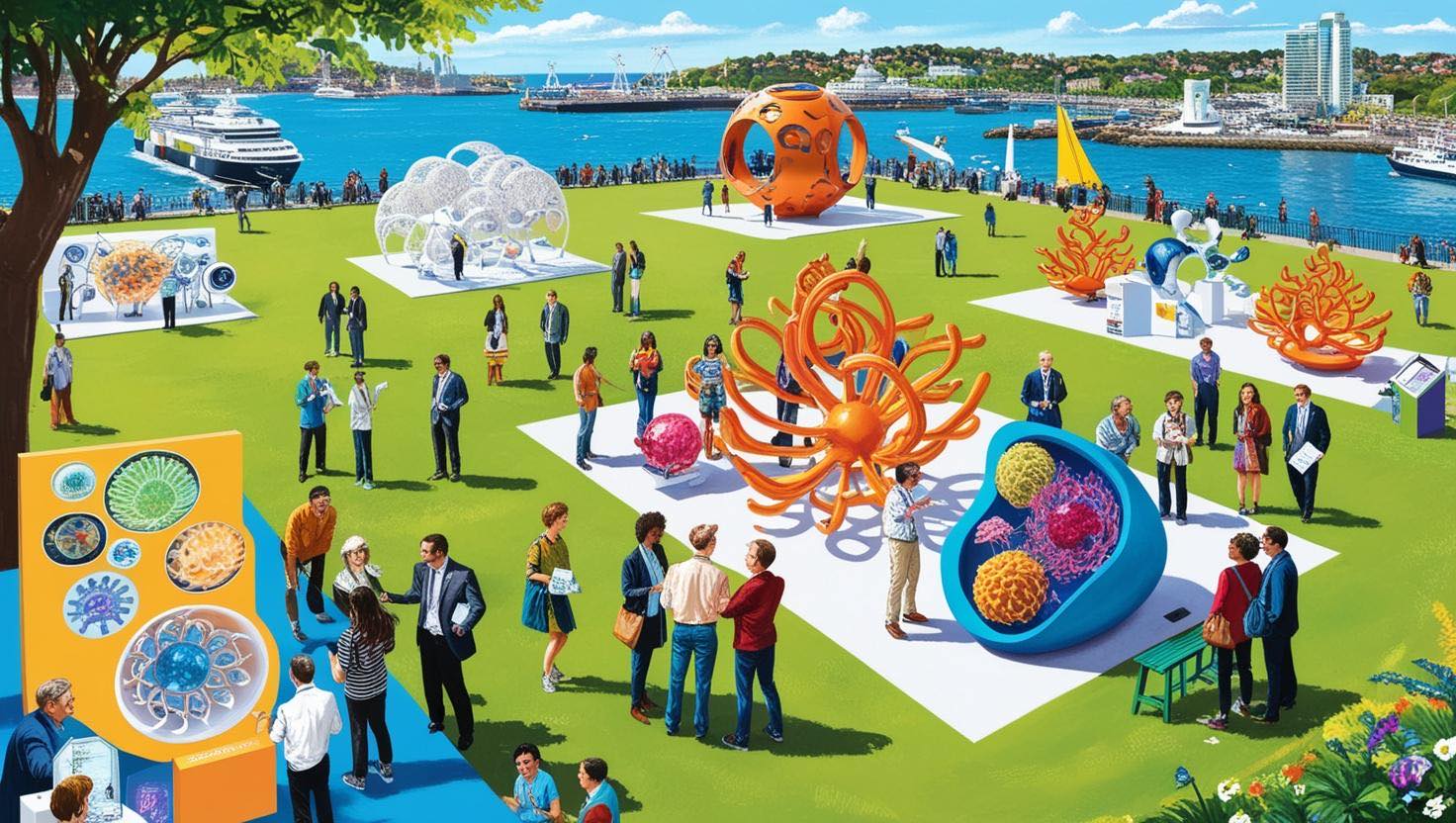 What’s cooking in 2050 and 2100? Find out at a low carbon picnic that doubles as a sustainable social experiment, with chefs whipping up a future food smorgasbord that highlights ingredients that may be grown around Gladstone under different climate scenarios.
What’s cooking in 2050 and 2100? Find out at a low carbon picnic that doubles as a sustainable social experiment, with chefs whipping up a future food smorgasbord that highlights ingredients that may be grown around Gladstone under different climate scenarios.
Audiences will be invited to taste and vote on their favourite future flavours.
Plus, discover how Gladstone is driving Australia’s decarbonisation transition and why it’s home to the world’s largest seagrass restoration nursery. Sniff out climate change. Or go on a sunset sound walk punctuated by creative works that use music, dance and light to highlight the region’s unique biosphere on the doorstep of the Southern Great Barrier Reef.
These are just some of the highlights of the two-day Gladstone Art Science Innovation Fest, bringing together university, industry and arts sectors at Central Queensland University and Tannum Sands parklands.
50 Ways to Die in Space Air Rocket Workshop: Saturday 16 August in Brisbane
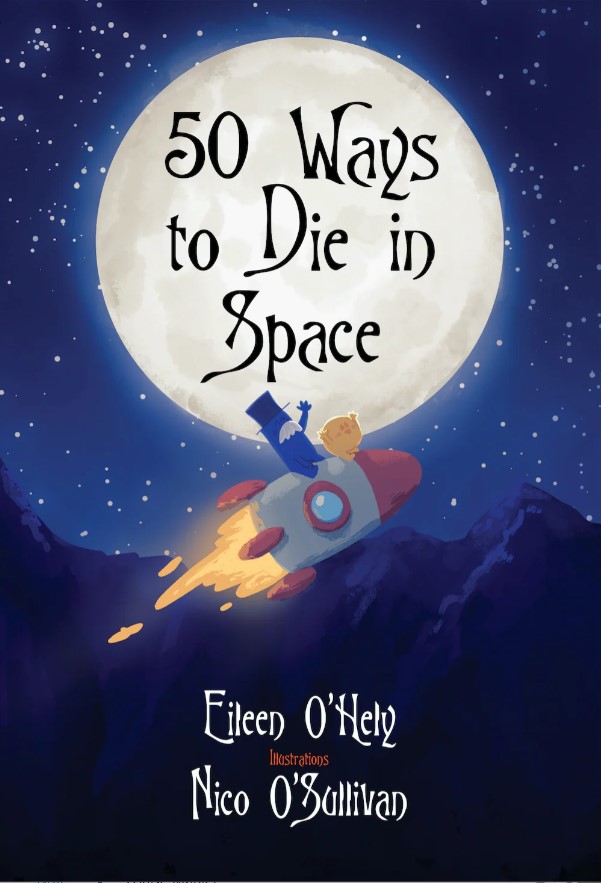 Space: the final frontier. Beautiful. Intriguing. Mysterious. But if you go there, YOU WILL DIE!
Space: the final frontier. Beautiful. Intriguing. Mysterious. But if you go there, YOU WILL DIE!
Astrophysicist Dr Eileen O’Hely writes about the physics and physiology of existing – and ceasing to exist – in deep space.
The author of children’s graphic novel 50 Ways to Die in Space will explore the topic with illustrator Nico O’Sullivan during multiple sessions, including sensory friendly and Auslan interpreted.
Participants can also design and launch a paper rocket.
Launch a rocket at World Science Festival Queensland Toowoomba Community Day: Saturday 16 August
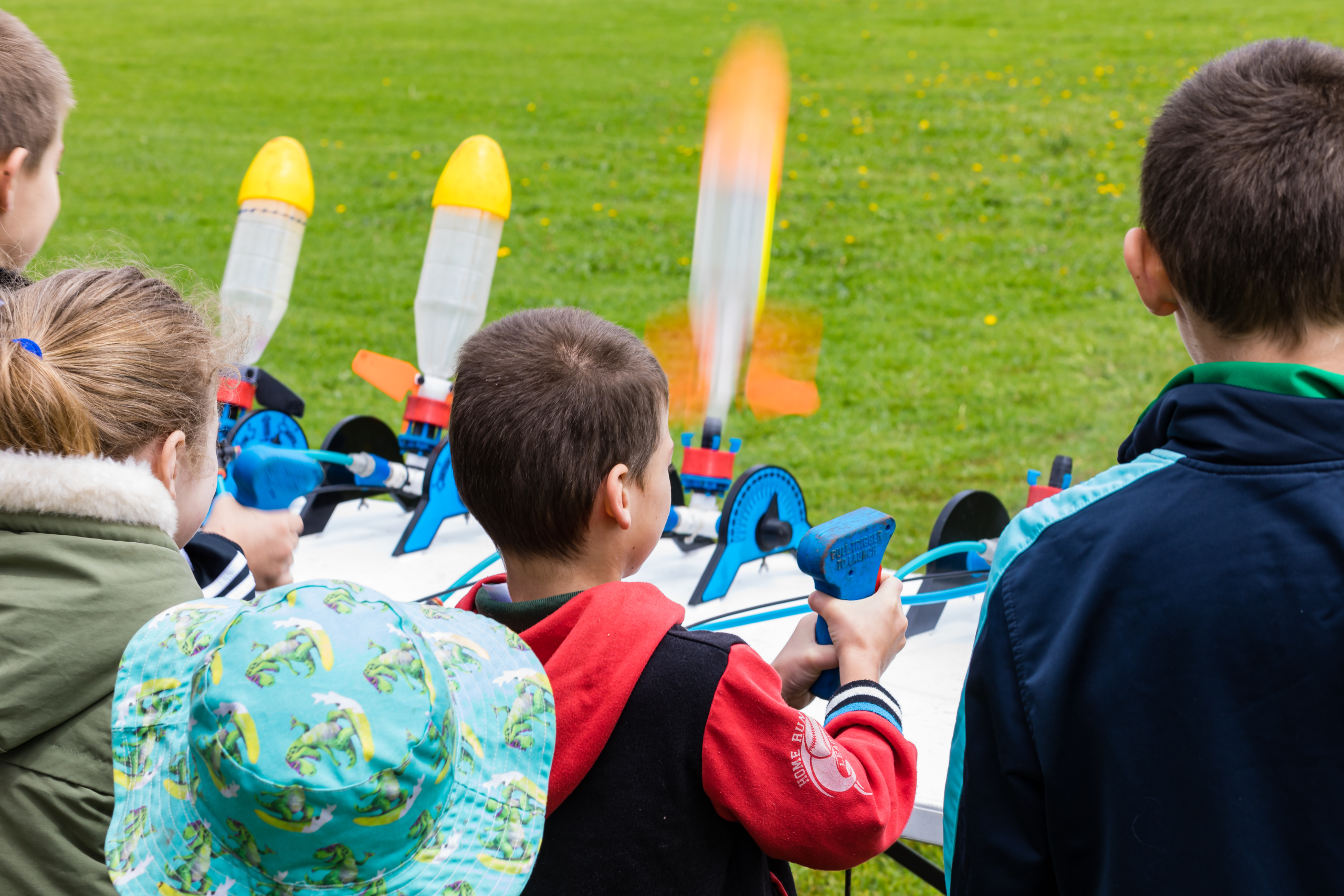 Toowoomba residents get the chance to launch rockets, code space rovers, and discover astrobotany at a free community day at the city’s Cobb + Co museum.
Toowoomba residents get the chance to launch rockets, code space rovers, and discover astrobotany at a free community day at the city’s Cobb + Co museum.
The historic site, which forms part of Queensland Museum, plays host to a World Science Festival Queensland regional event timed during National Science Week.
The ‘Robots and Rocketry’ program covers robotics, aerospace and engineering across three zones – Lift Off, Roving Worlds, and Surviving Space.
Nature’s Blueprint: Saturday 9 August – Monday 11 August on Magnetic Island off Townsville
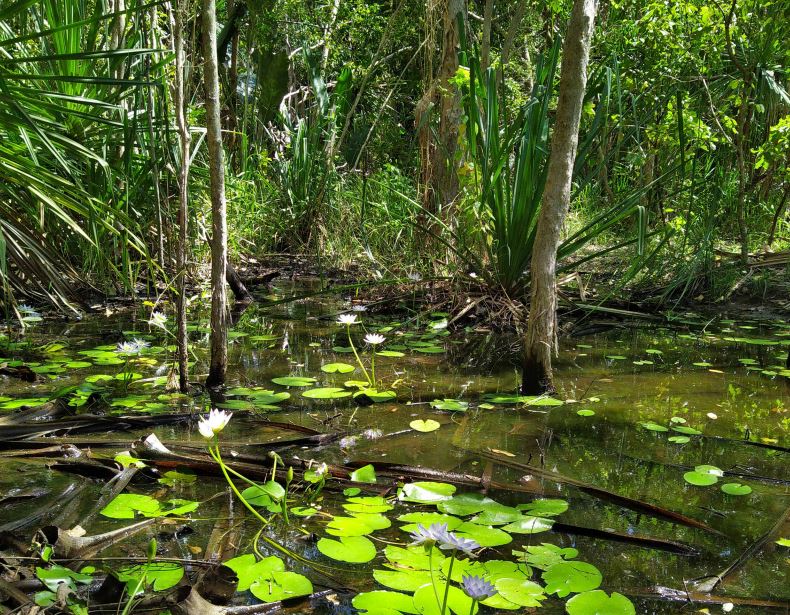 Discover meaningful and practical ways to better safeguard our planet through a series of workshops and tours on regenerative design, First Nations knowledge systems, the circular economy and biodiversity conservation.
Discover meaningful and practical ways to better safeguard our planet through a series of workshops and tours on regenerative design, First Nations knowledge systems, the circular economy and biodiversity conservation.
Nature’s Blueprint is organised by GRaB (Grow Recycle & Build) Eco Park.
Activities include turning waste into construction materials (glass into sand and plastic into sheets), crafting products from organic waste (coffee ground tiles), creating natural dyes from plant-based materials, Indigenous land management (cultural and ecological importance of cool burning and medicinal plant use) and learning about native island plants.




